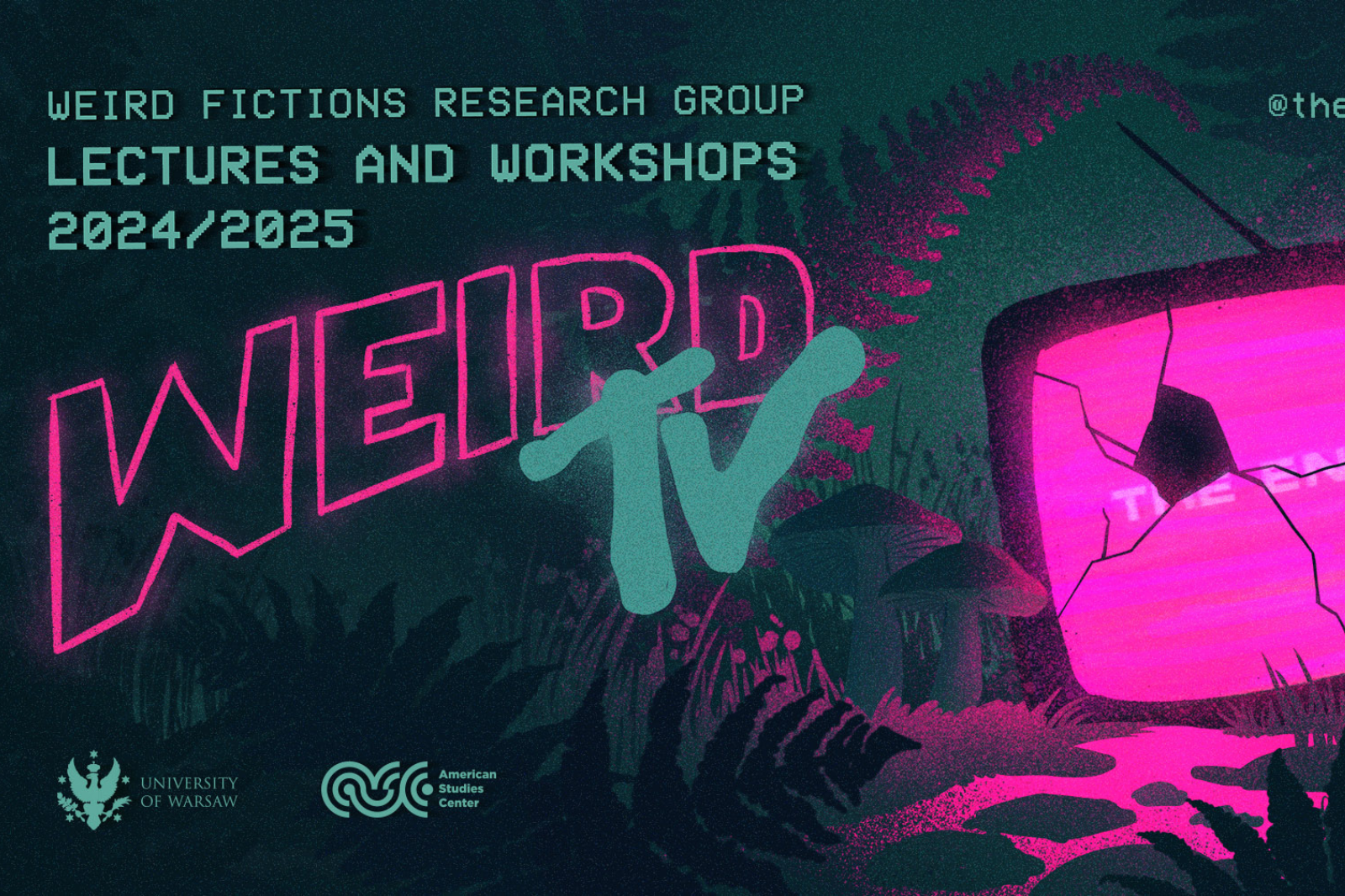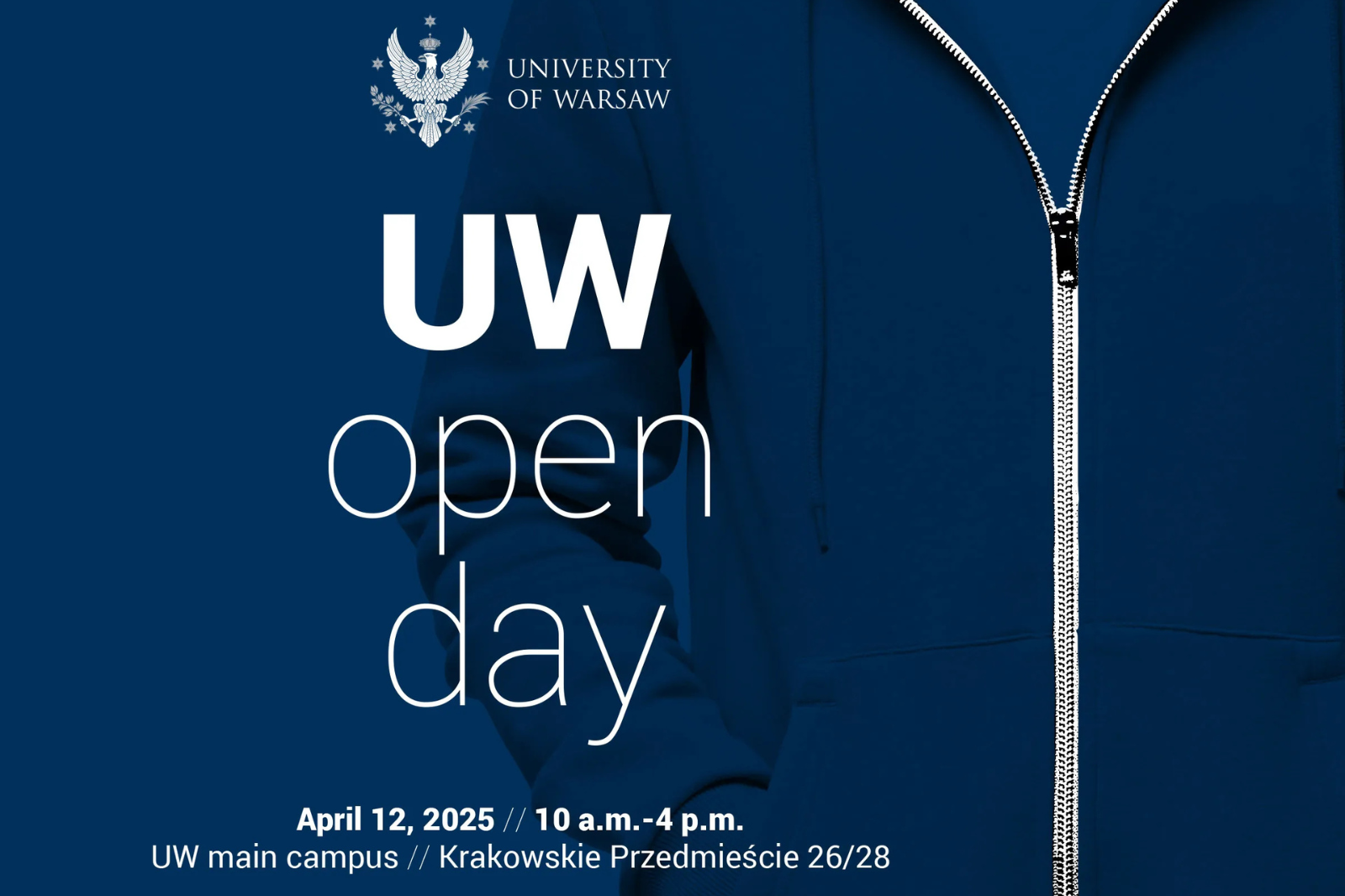Join us for lecture by
Stefan “Steve” Rabitsch
(University of Graz/University of Warsaw)
Infinite, Never Final Frontiers: The Fantastic Legacy of the American West(ern)
Monday, May 31, 2021
at 5:00 p.m.
You can get 2 OZN points for participating in this event.
Where?
This is an online event. To attend, click the button below or enter https://us02web.zoom.us/j/89610501462?pwd=Vit1dEhoVVQzbVRrdTdrQUR6MWpnZz09 into your browser, and join the meeting.
What?
“Space. The final frontier.” The opening narration of Star Trek: The Original Series (US, 1966-69) is known and recognized by people from many different walks of life all around the globe. Spoken by William Shatner, these four words perform considerable ideological work in that they align—at least on the surface—the imagined future of Star Trek with the United States’ principal imperial mythos: the violent conquest and subjugation of the Trans-Mississippi West. However, Star Trek is but one of many popular, mass-marketed science fiction/fantasy (sf/f) storyworlds that are entangled with the frontier mythos. Offering a broad historically anchored sweep through national imaginaries and imaginary worlds, this lecture will pursue a simple albeit far-reaching questions: Why is it that when we visit imagined alien worlds, those worlds are so often reminiscent of the arid Southwest? The red sandstone formations are only part of the equation.
Who?
Stefan “Steve” Rabitsch currently serves a visiting professor in American Studies (ZIP Programme) with the American Studies Center at the University of Warsaw and is an affiliated postdoctoral scholar with the Center for Inter-American Studies at the University of Graz. A self-declared “Academic Trekkie,” he is the author of Star Trek and the British Age of Sail (McFarland 2019), co-editor of Set Phasers to Teach! Star Trek in Research and Teaching (Springer 2018), and co-editor of the forthcoming Routledge Handbook of Star Trek. His professorial thesis project, i.e., his second book—“A Cowboy Needs A Hat”: A Cultural History of Cowboy Hats—not only received the 2019 Fulbright Visiting Scholar Grant in American Studies, which allowed him to work at the Center for the Study of the American West (West Texas A&M University), and the 2020/21 Henry Belin du Pont fellowship by the Hagley Museum and Library, but it has also been awarded a book contract from the University of Oklahoma Press.
This event is funded by the The University’s Integrated Development Programme (ZIP).





